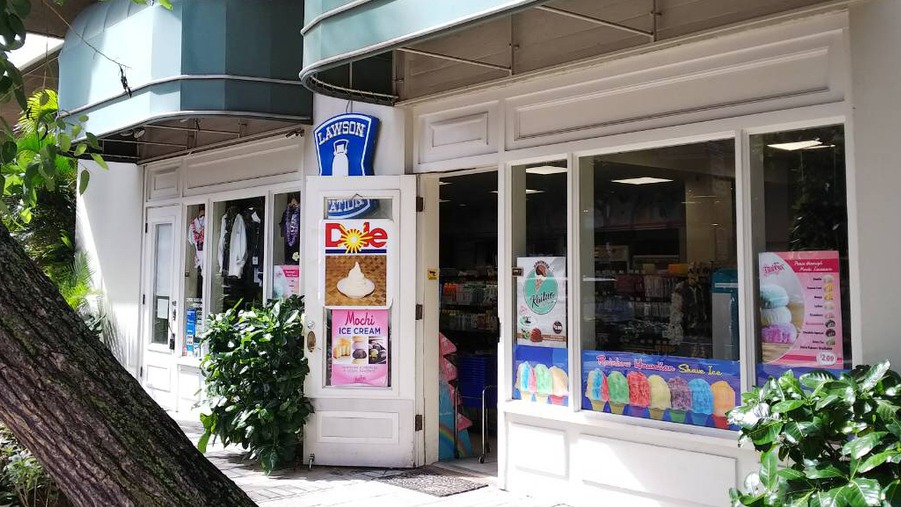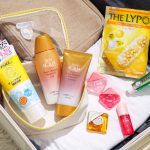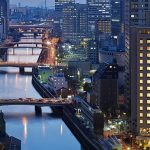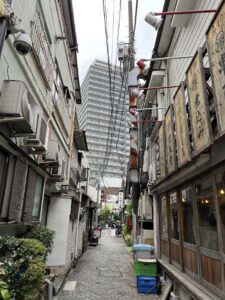Recently, the popular Japanese convenience store chain LAWSON began broadcasting in-store announcements prohibiting customers from using any kind of photography equipment inside the store. This decision has sparked heated debate online in Japan. So why did LAWSON start promoting a ban on in-store photography with smartphones? Let’s take a closer look.
LAWSON Bans Photography in Stores? What Travelers Should Know
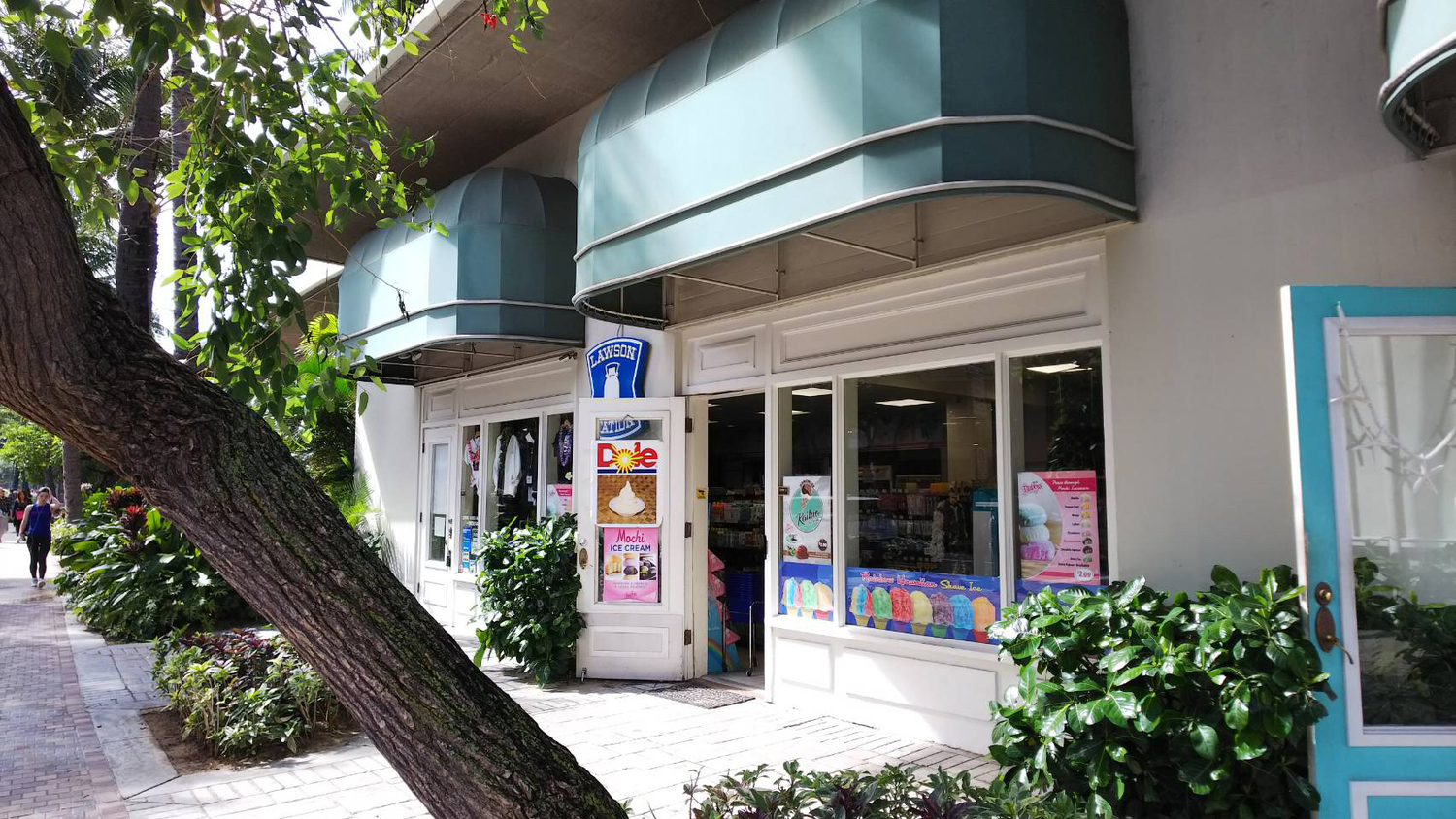
The main reason LAWSON made this decision was to protect the privacy of staff and other customers. In recent years, more and more content creators have begun filming employees or other shoppers without permission to use in their videos. To address this, LAWSON introduced in-store announcements reminding customers that photography is prohibited. But the move has also sparked controversy.
What Kind of Controversy Did It Spark?
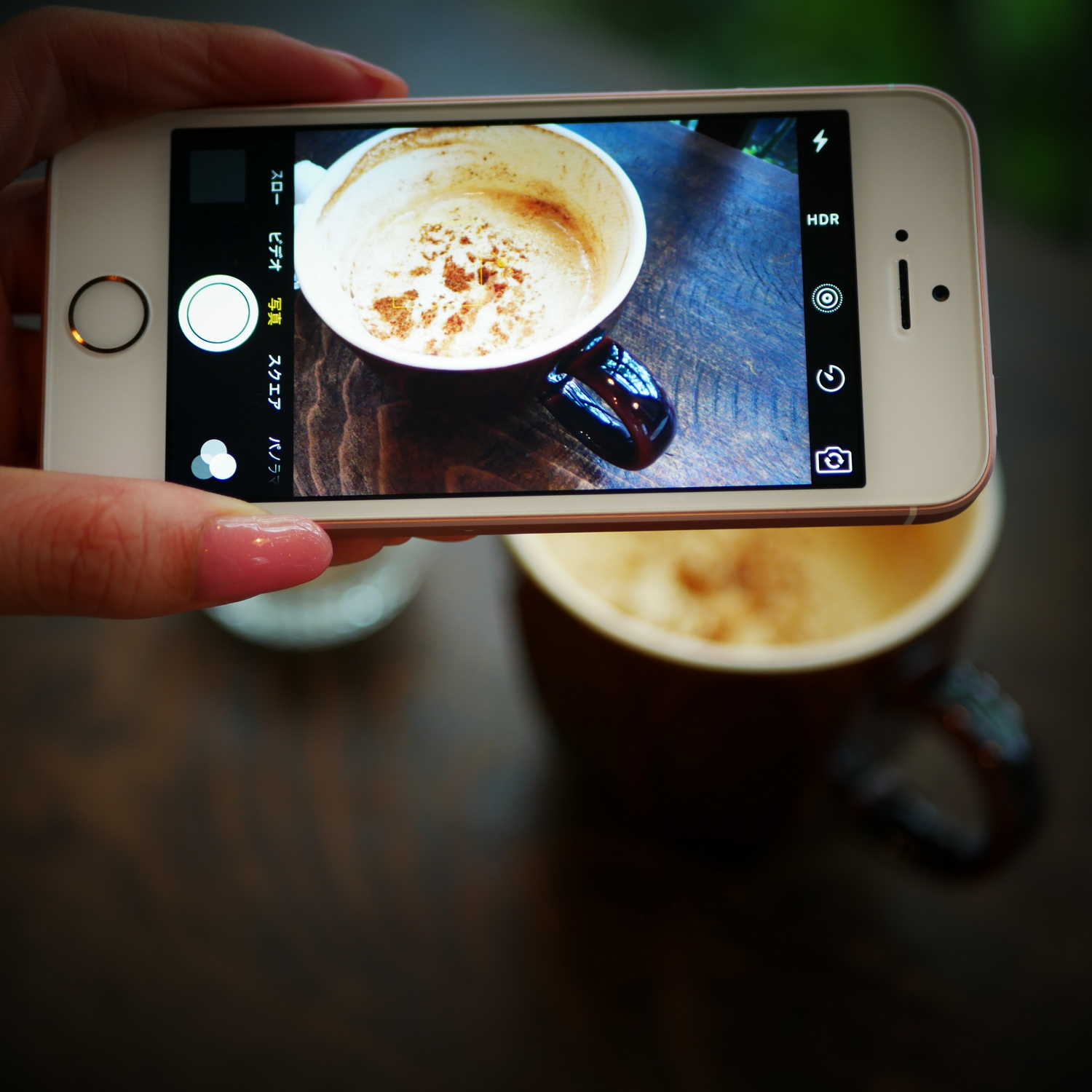
While using smartphones inside stores is common, for some people the camera function is actually essential. For example, customers with visual impairments often rely on taking photos and enlarging them to read product details.
Additionally, with the growth of international tourism and technology, many foreign visitors in Japan use their smartphones to photograph product labels and instantly translate them with built-in translation apps or AI. One issue is that most overseas visitors cannot understand LAWSON’s Japanese-only announcements, which could easily lead to misunderstandings or conflicts between staff and customers from abroad.
How Japanese Netizens Reacted to the New Rule
Japanese social media shows mixed opinions about LAWSON’s decision. Here are some reactions:
俺たちは監視カメラを回すが貴様らは撮影を許さん。監視カメラ設置は暴徒を遠ざける効果があると思うのでそれは他の客にも利益になる。しかしだ。いかれた・あるいはなにがしか犯罪的な特定の店員を通報するための材料を許さないってのは客の利益に反すると思うけど。裁判で争うべき。
— 世の中広いようで狭い (@serendipit91517) July 19, 2025
“The store can film customers with security cameras, but customers can’t film staff? Sometimes filming with a phone protects customers from dishonest employees. Maybe this should be challenged in court.”
スマホのカメラで撮影→拡大してみるよりルーペ/虫メガネで見た方が早いような気がするけど。。
— アオさぎ (@gray_heron) July 19, 2025
“Wouldn’t it be faster for people with low vision to just use a magnifying glass instead of a smartphone camera?”
弱視もさまざまで、数倍になるルーペでは全然見えない人も多いです。私の家族は中心暗転ですが、ルーペでは全然だめです。スマホなら、カメラとアクセシビリティ機能のズーム使えば何十倍にもでき、文字やイラストが読めます。スマホの機能、大変ありがたいです。
— mitch (@mitch98837) July 20, 2025
“Not all low-vision cases are the same. For my family member, magnifiers don’t work at all—but with a smartphone, text and images can be magnified many times over. The accessibility features are invaluable.”
言葉足らずになっていて意図がくみ取れていないだけで、「SNS投稿目的の撮影はご遠慮ください」などと表示すればいいのでは、日本語が読めない外国人も同じでスマホで翻訳しないと商品がわかりません
— 🌻🚋ぴゅう太⛵ (@7L4QOI) July 21, 2025
“Why not just specify ‘no filming for social media purposes’? Foreign visitors who can’t read Japanese rely on smartphone translation to understand what they’re buying.”
A Blanket Ban on Photography at LAWSON
While it’s true that both visually impaired customers and international visitors often rely on smartphone cameras, LAWSON’s decision is not entirely unreasonable—it does aim to protect privacy. Still, enforcing a complete ban may feel overly strict. What do you think about this new policy?

